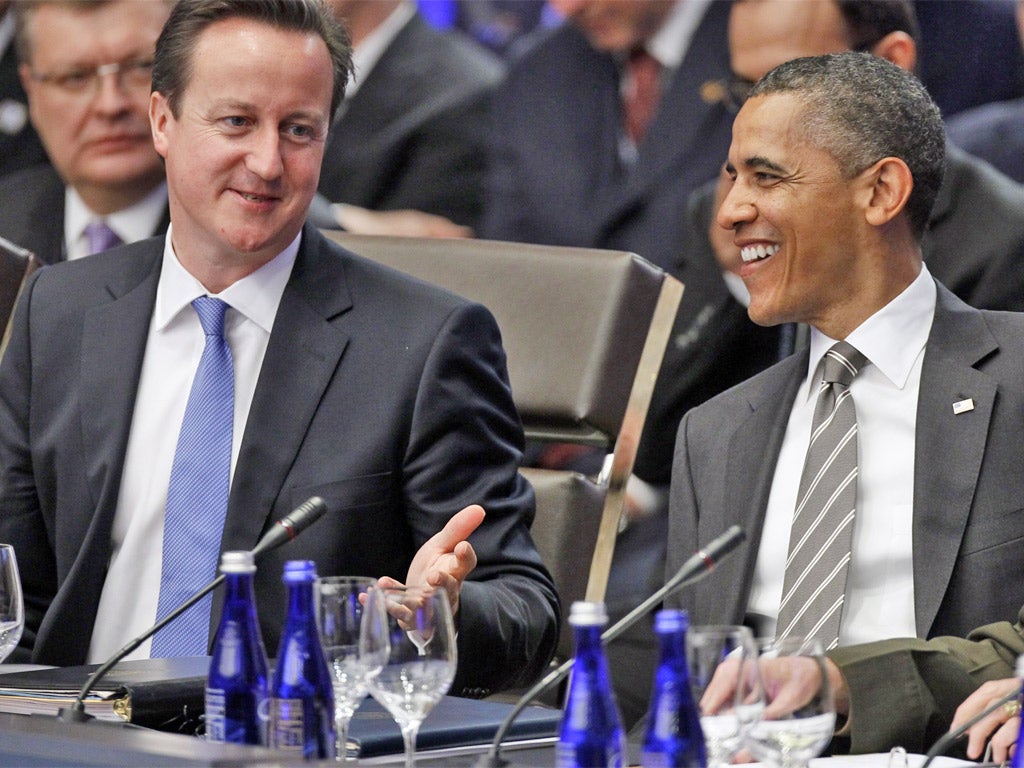US disappointed by 'laughable' decision on Gary McKinnon
State Department officials will study ruling and could ask Interpol to issue red notice

The American government expressed its disappointment last night after the Home Secretary halted Gary McKinnon's extradition to the US.
The State Department said it was examining the ruling by Theresa May yesterday to block the extradition of the 46-year-old computer hacker with Asperger's syndrome and severe depression as it would be "incompatible with human rights". Victoria Nuland, a spokeswoman for the department, said the US "was disappointed by the decision" to deny Mr McKinnon's transfer across the Atlantic to face what she called "long overdue justice in the United States".
For 10 years, American prosecutors have been seeking to bring Mr McKinnon to the US to face trial for hacking into military computers. It is claimed that Mr McKinnon damaged scores of machines as a result. He denies any malicious intent, saying instead that he was looking for files related to UFOs.
Earlier this year, the Prime Minister David Cameron raised the case with Barack Obama. On a visit to Washington, Mr Cameron acknowledged that Mr McKinnon was accused of a "very important and significant crime" but that he was hoping that "a way through can be found".
The US Department of Justice said that it was also disappointed at the Home Secretary's decision, "particularly given the past decisions of the UK courts and prior Home Secretaries that he should face trial in the United States". It did not, however, view the ruling as a precedent for other cases.
"The Home Secretary has described this case as exceptional and, thus, this decision does not set a precedent for future cases," said Rebekah Carmichael, a spokeswoman for the department. "The Home Secretary has acknowledged that Mr. McKinnon is accused of serious crimes". She added that, despite this ruling, the US-UK extradition relationship "remains strong, as is demonstrated by the extradition of five alleged terrorists" to the US earlier in October. "Our extradition treaty serves the interests of both our nations," said Ms Carmichael.
Douglas McNabb, a Washington-based expert on US federal law, said that US authorities may yet decide to pursue Mr McKinnon via Interpol, the international policing body. "Now that the Home Secretary has made this decision that, of course, bars the US from seeking his extradition, I think the next step is that they may well ask Interpol to issue a red notice... so that if Mr McKinnon were to travel outside the UK, the red notice would pop up and he would be arrested," he said. This, he explained, would open the door to the possibility of renewed extradition proceedings in the country of his arrest.
Another US lawyer, David Rivkin, who worked for the Reagan and Bush administrations, criticised Ms May's decision, saying that to deny the extradition on health grounds was "laughable". "Under that logic, anybody who claims some kind of physical or mental problem can commit crimes with impunity and get away with it," he told the BBC.
The US said the extradition relationship remained strong, as shown by the Hamza case
Join our commenting forum
Join thought-provoking conversations, follow other Independent readers and see their replies
Comments
Bookmark popover
Removed from bookmarks